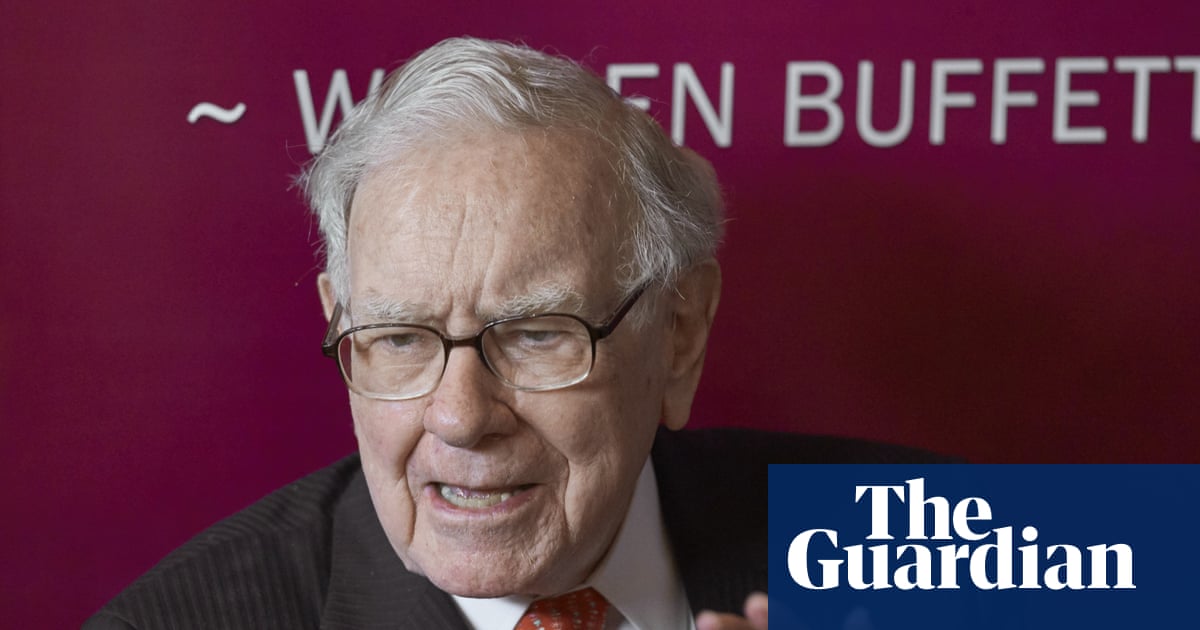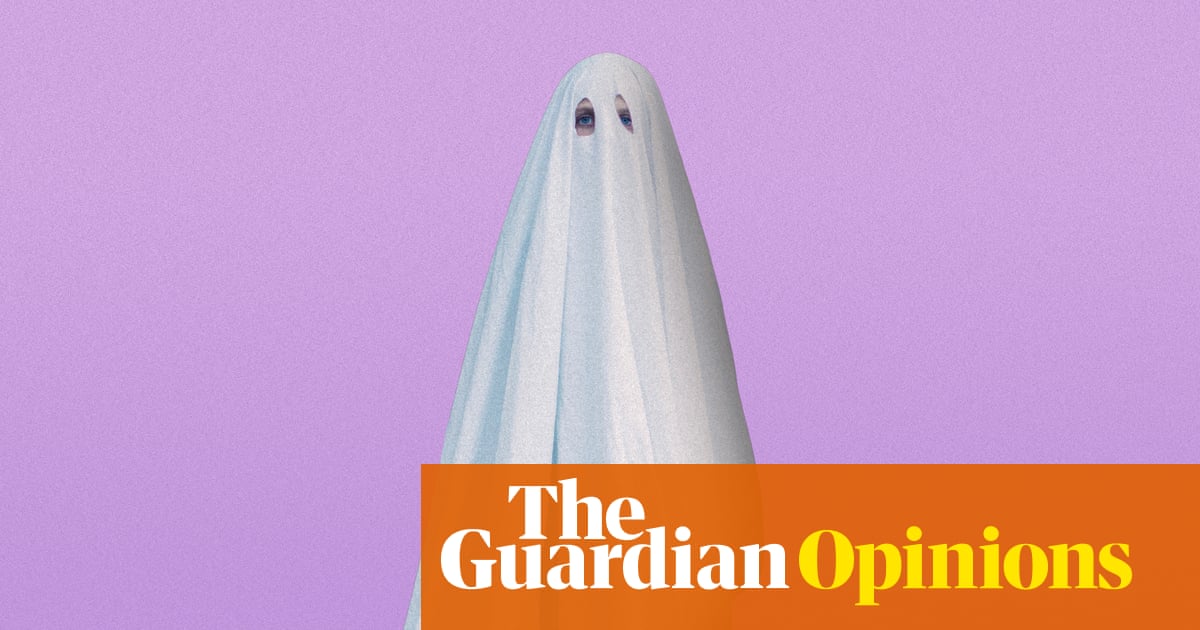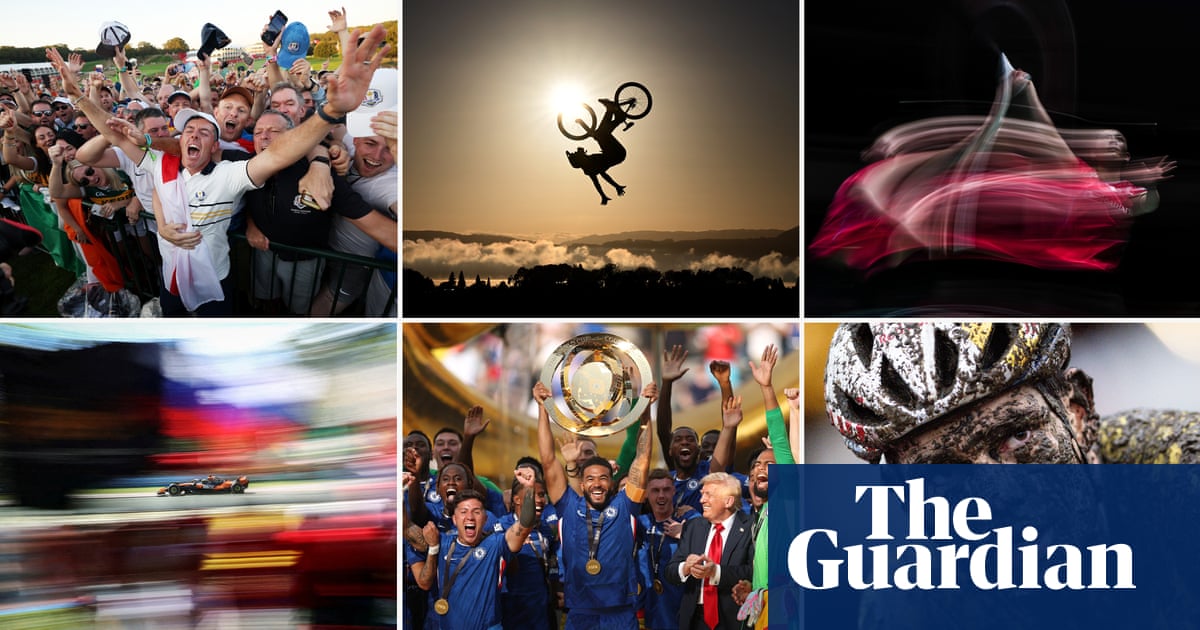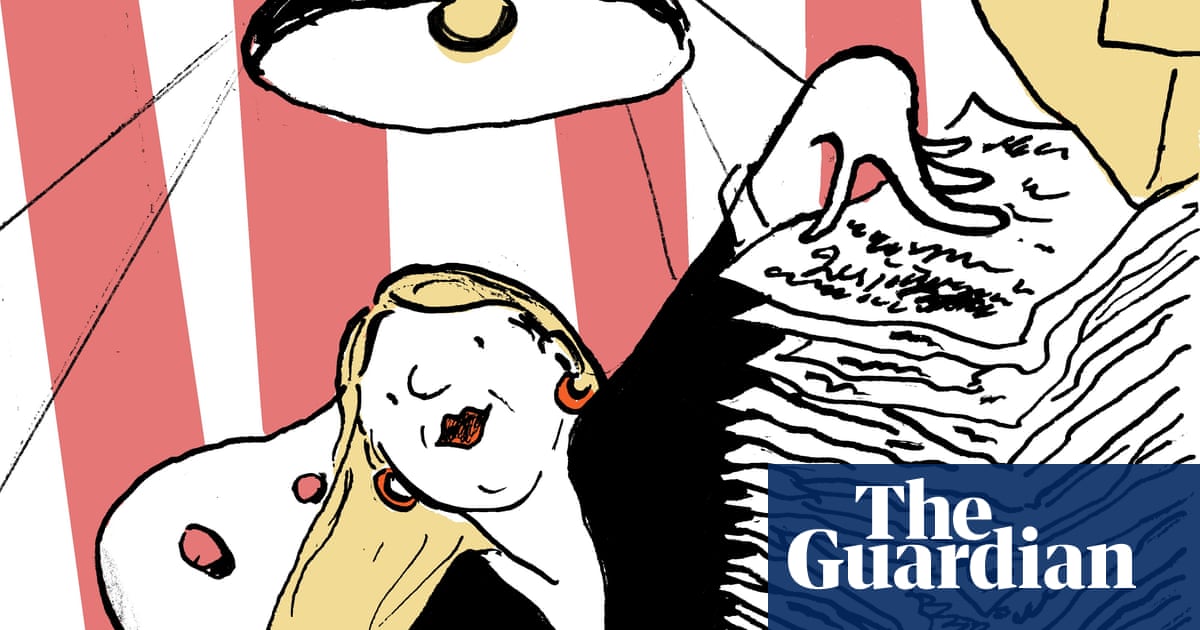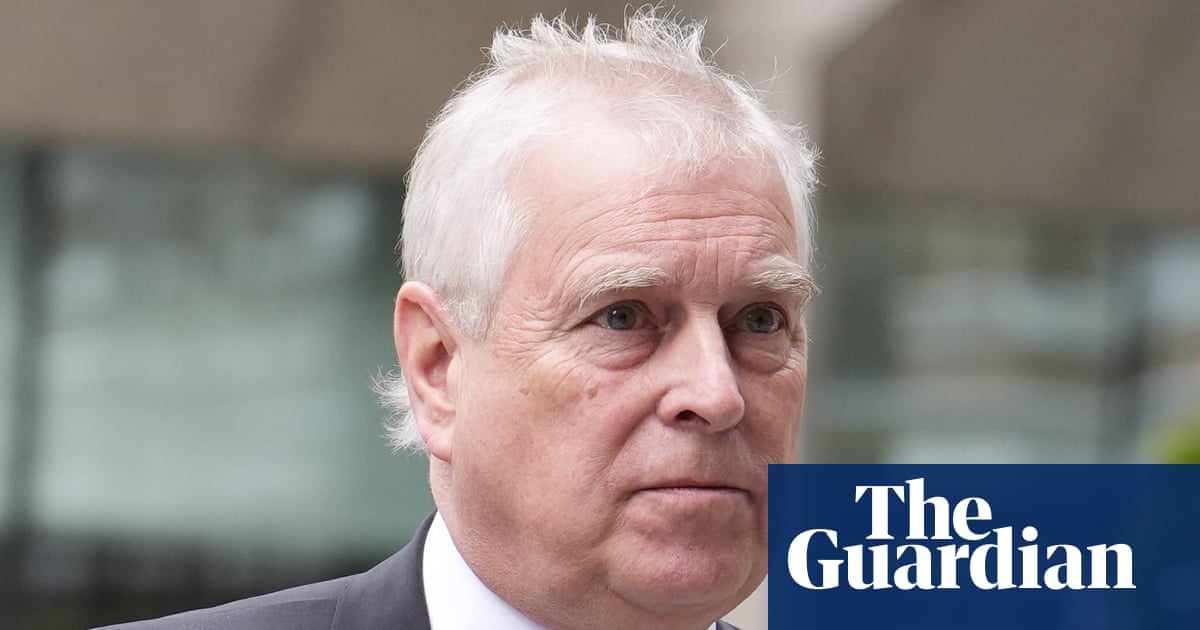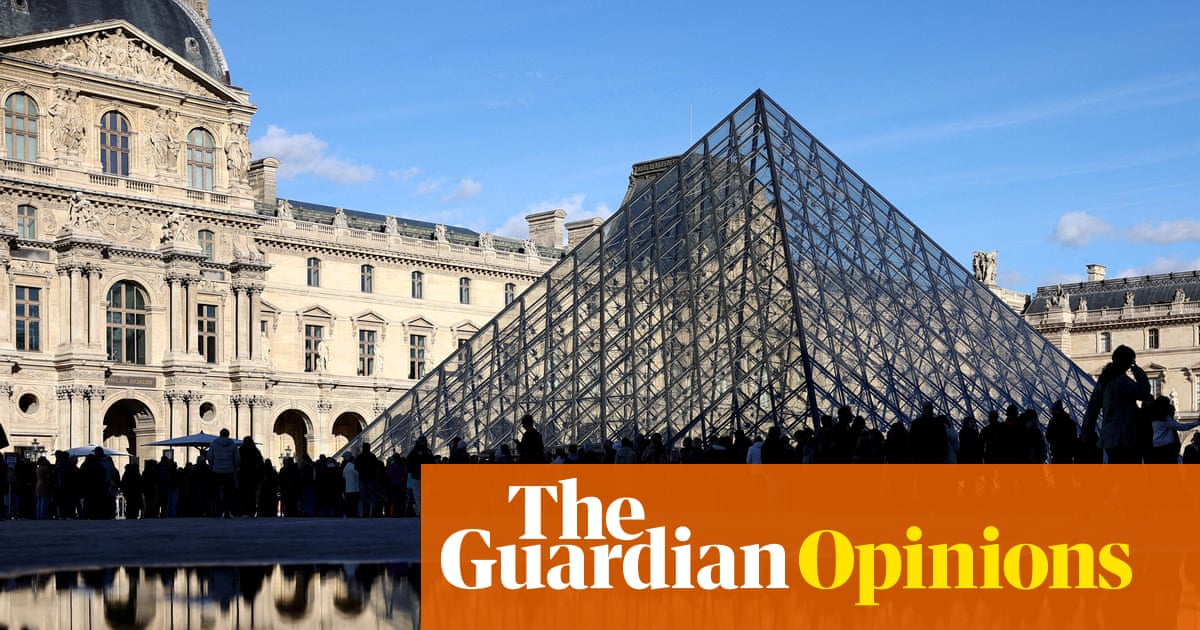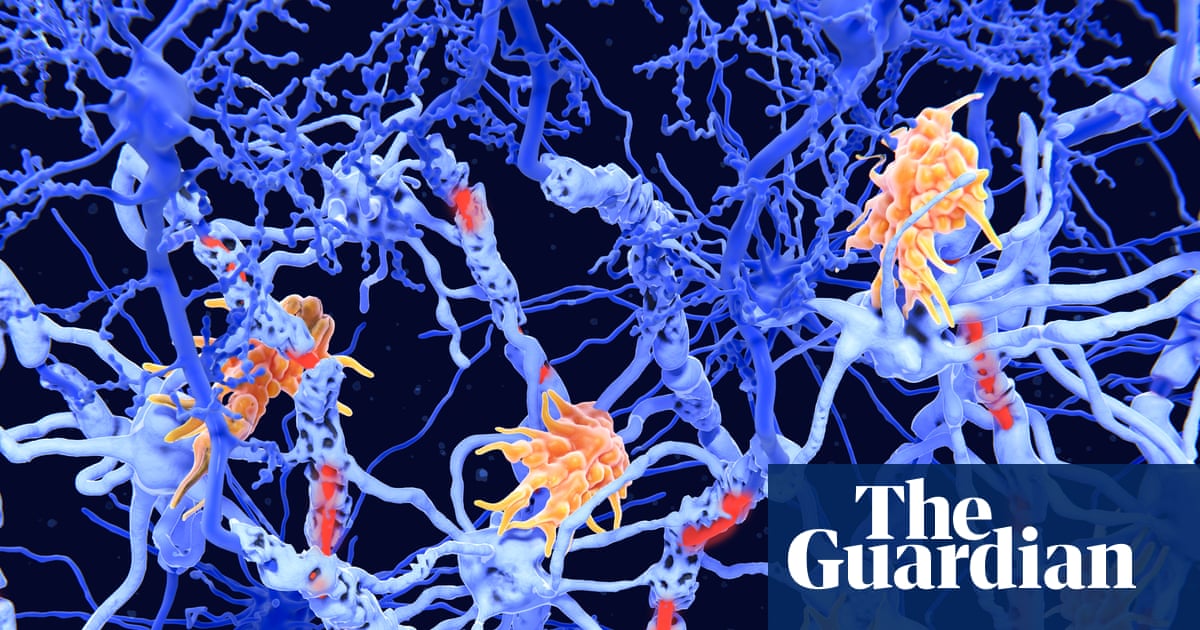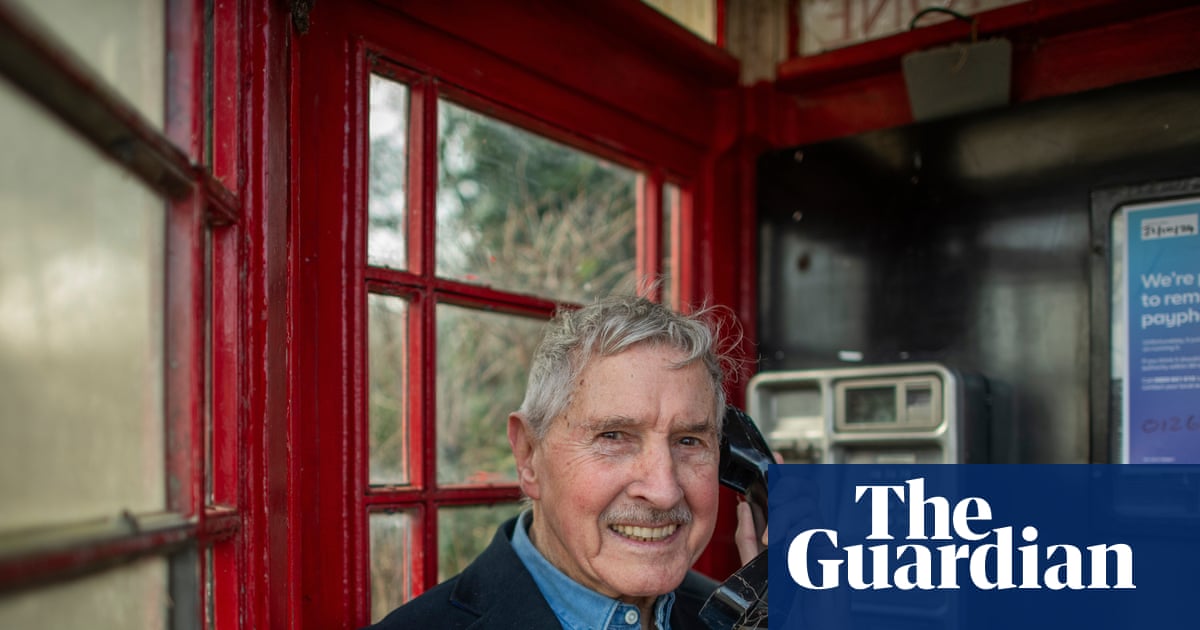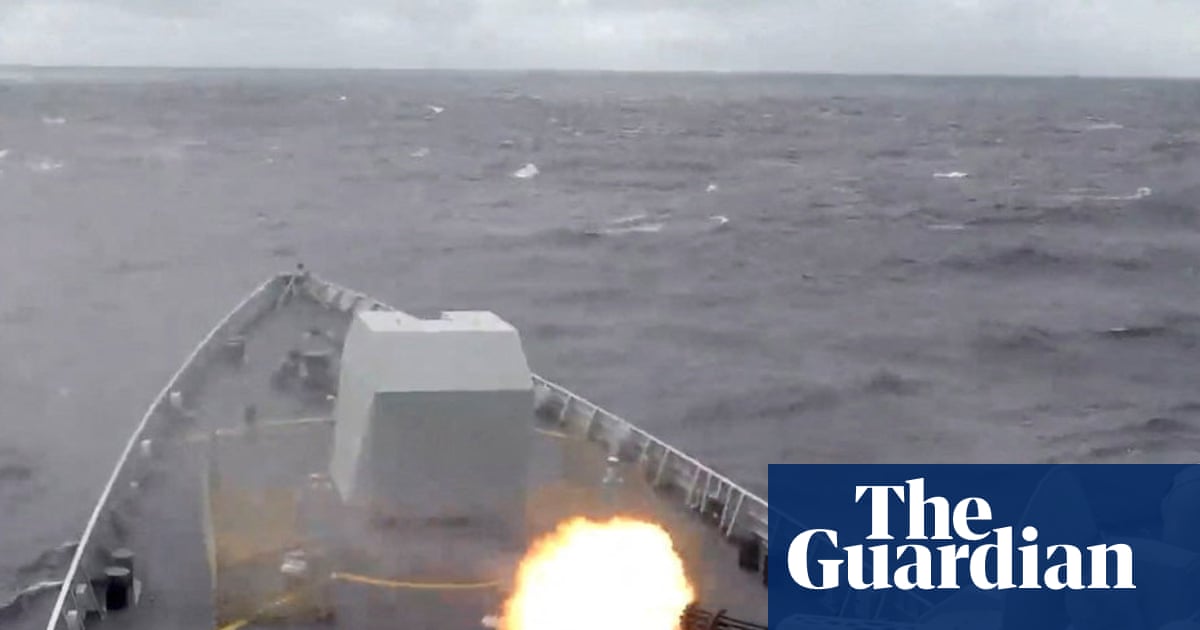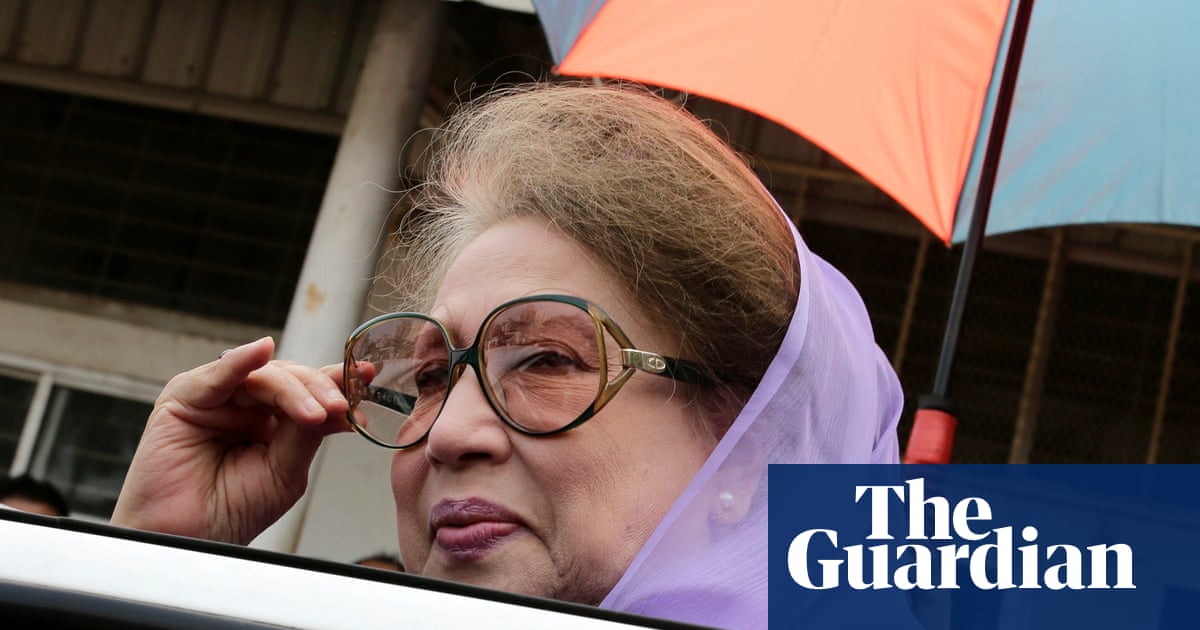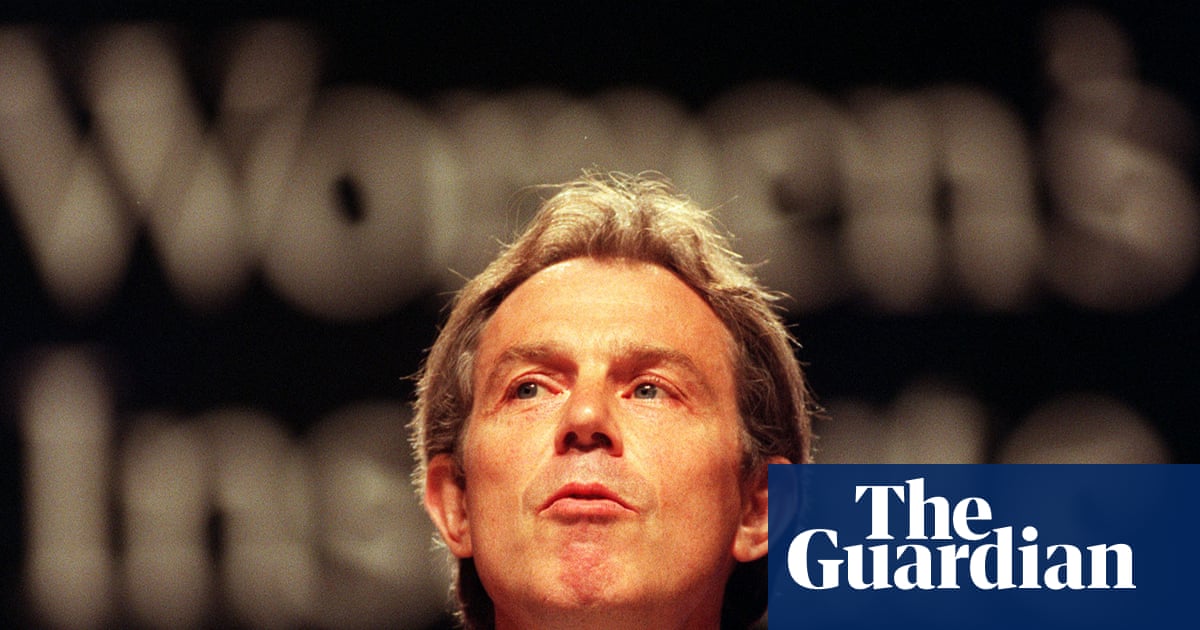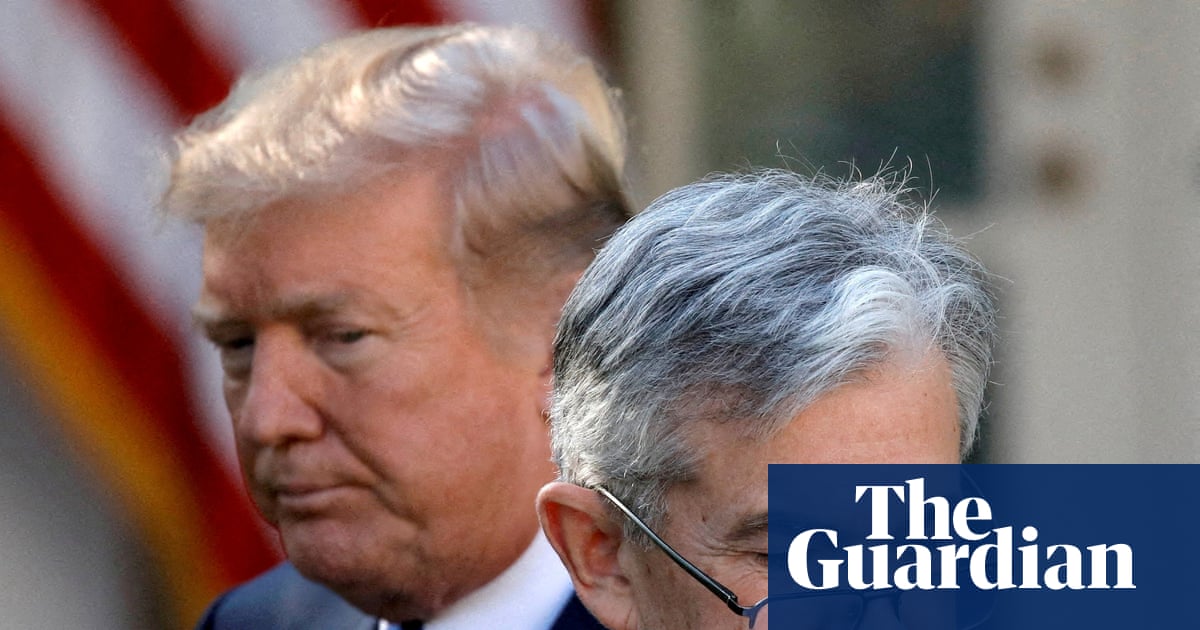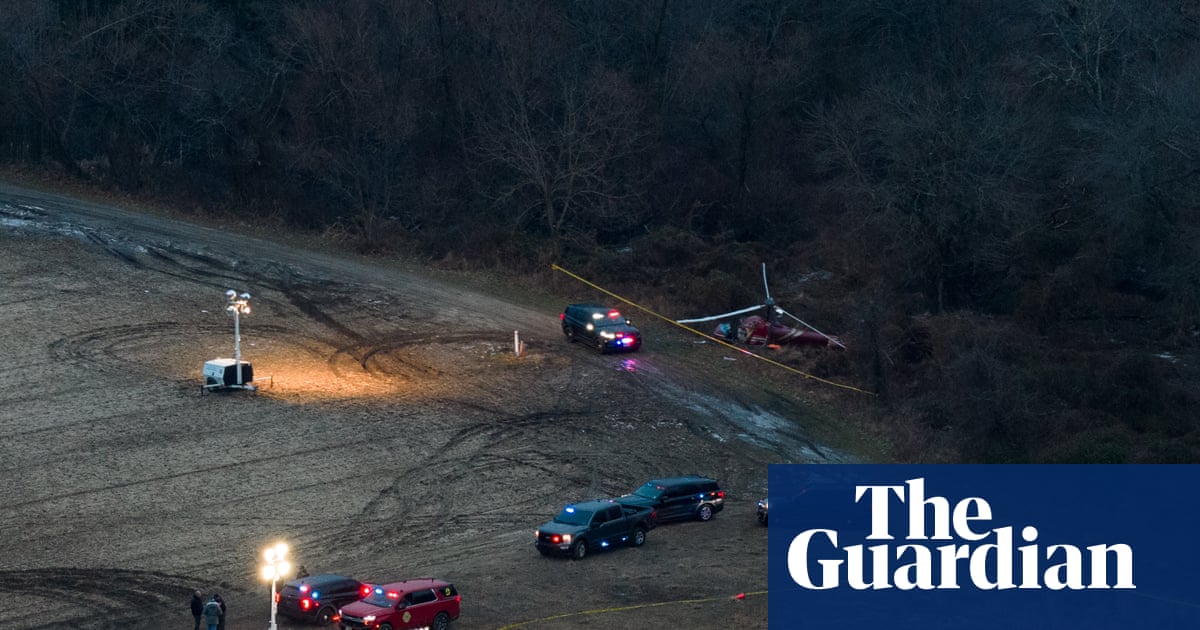A Polish adventure skier has made history by becoming the first person to climb up and ski down Mount Everest without the use of additional oxygen.
The ascent was Andrzej Bargiel’s third attempt at climbing Everest – the tallest mountain on earth at 8,849 metres (29,032ft) high – after dangerous conditions forced the 37-year-old to abandon earlier attempts in 2019 and 2022.
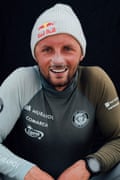
“The summit itself was arduous and difficult. I’d never spent so much time at such an altitude in my life, so that was a challenge in itself,” Bargiel said. “Skiing down Everest without oxygen was a dream that had been growing inside me for years.”
More than 6,000 people have climbed the mountain, according to the Himalayan database, but only about 200 have done it without additional bottled oxygen. A few people have skied back down, but never a continuous downhill without supplementary oxygen.
It took nearly 16 hours on Monday for Bargiel to climb through the “death zone”, which is above 8,000m where oxygen levels are dangerously low.
At the top of the mountain the air is so thin that climbers only get about a third of the oxygen available at sea level. This can cause brain damage, fluid in the lungs, and even death.
after newsletter promotion
On Tuesday morning, he skied down through the Khumbu Icefall, a maze of ice towers and deep crevasses known as one of Everest’s most dangerous sections, before arriving at base camp. He was guided through this section partly by a drone flown by his brother, Bartek.
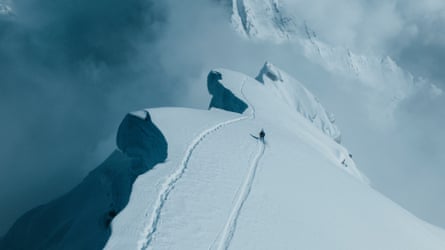
“I split the descent into two parts, as navigating the technically difficult icefall in relatively safe conditions was only possible in the morning,” said Bargiel.
Bargiel’s team said in a statement that it was a “groundbreaking milestone in the world of ski mountaineering”.
The Polish prime minister, Donald Tusk, celebrated on X, writing: “Sky is the limit? Not for Poles! Andrzej Bargiel has just skied down Mount Everest.”
In 2018, Bargiel became the first person to ski down Pakistan’s K2, the second highest mountain in the world.
In an interview with the Guardian in 2020 he said: “No one thought it could be done; even my own brother had doubts. It taught me the value of patience – and that nobody else can make your dreams come true.”

 3 months ago
56
3 months ago
56
